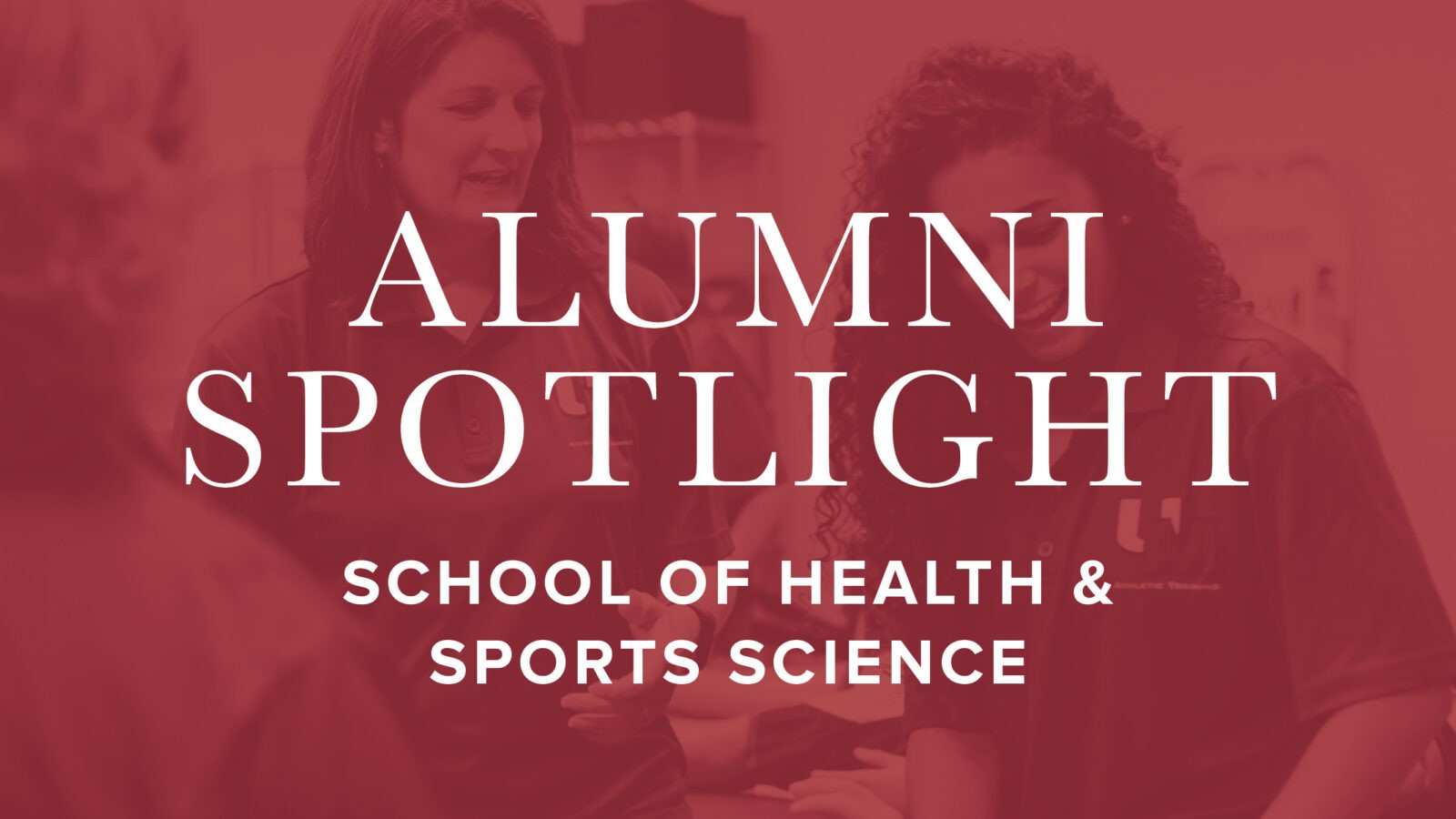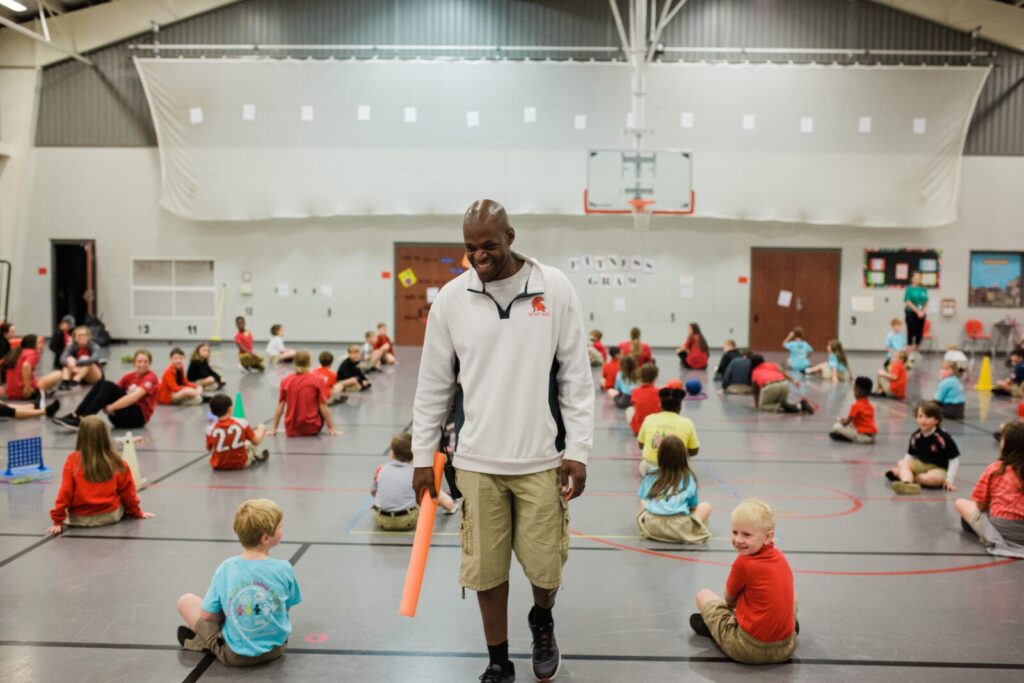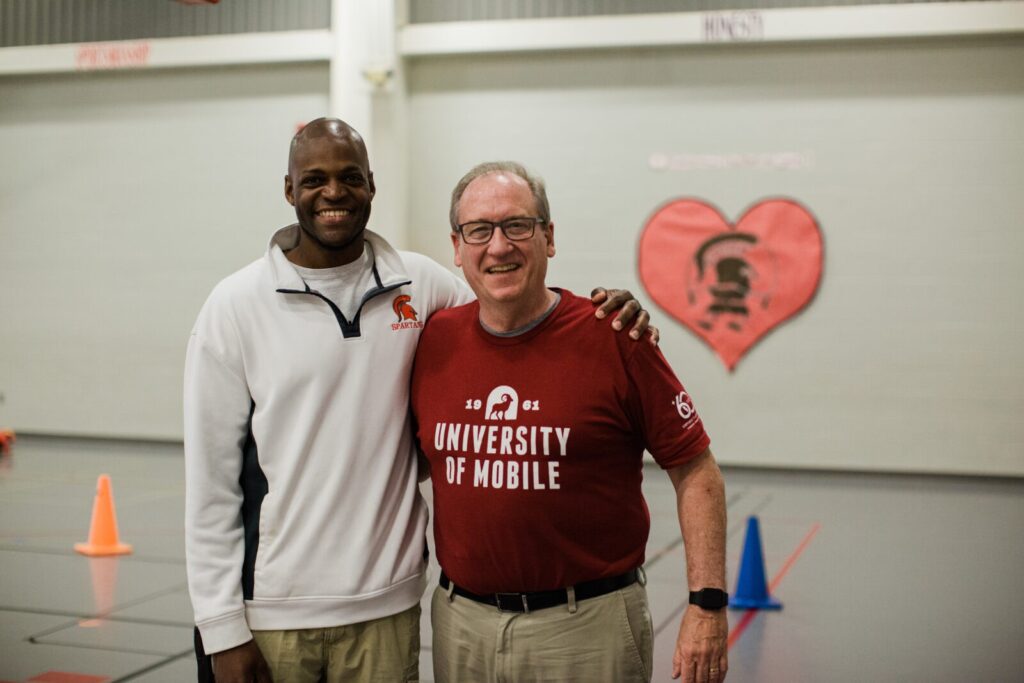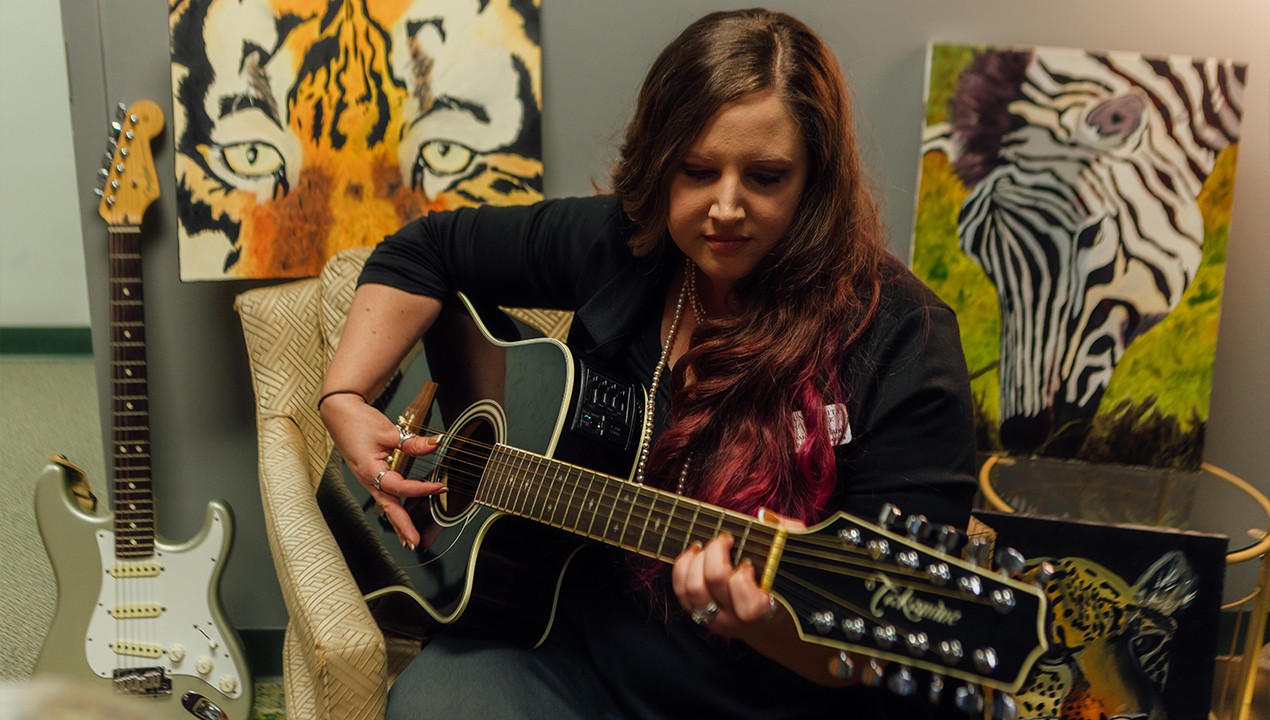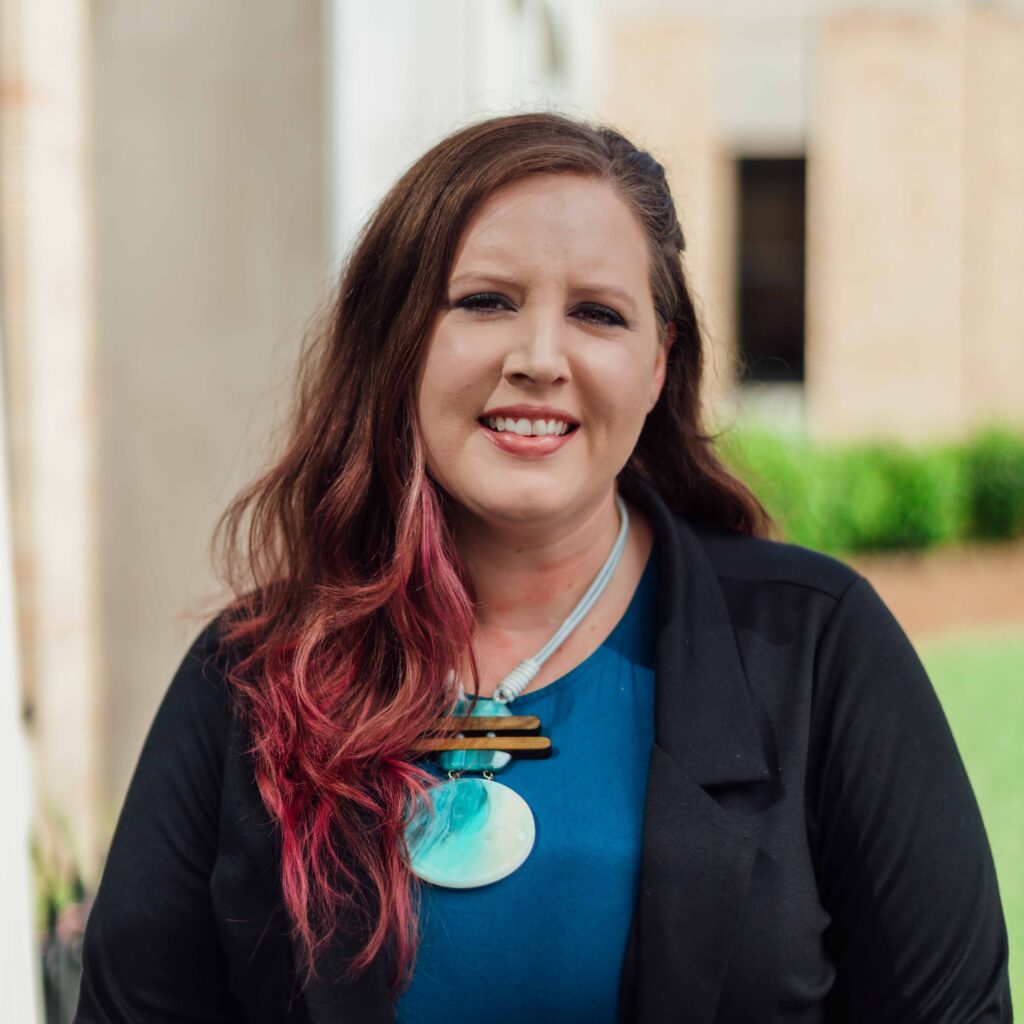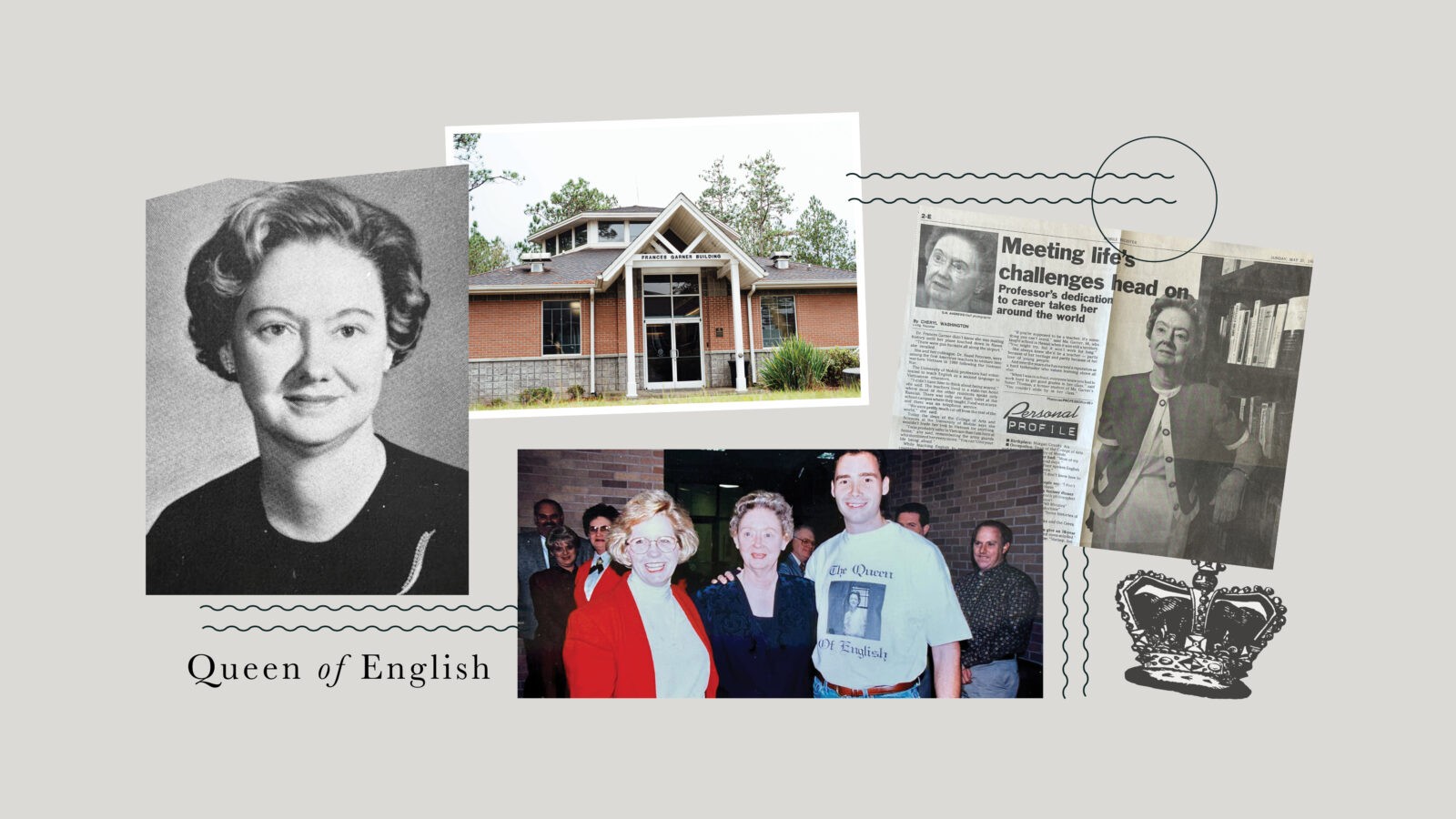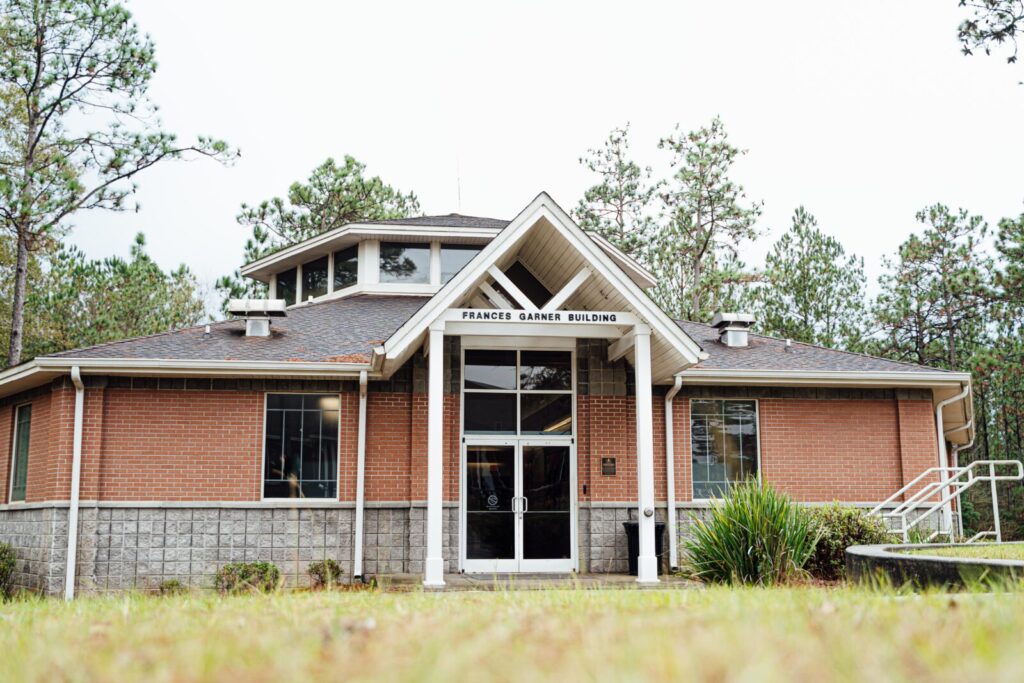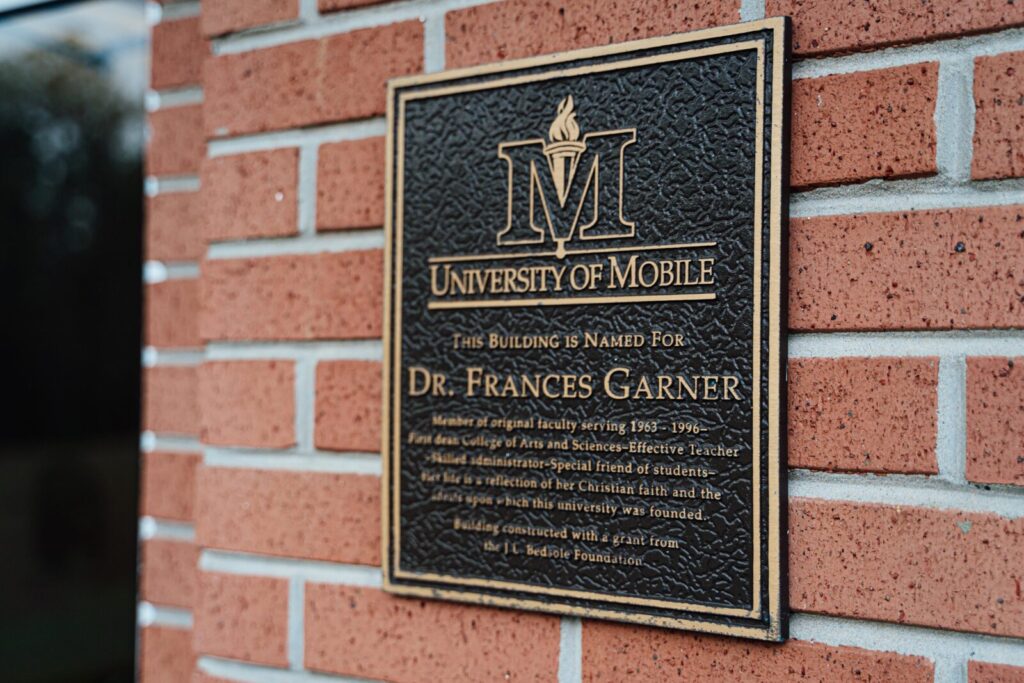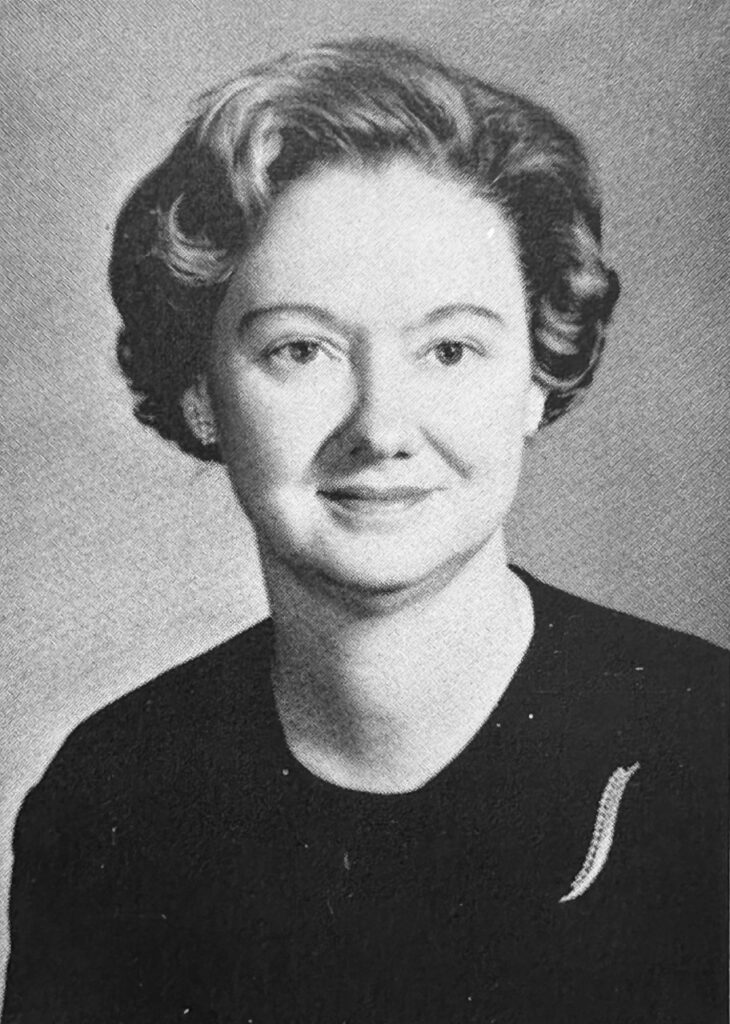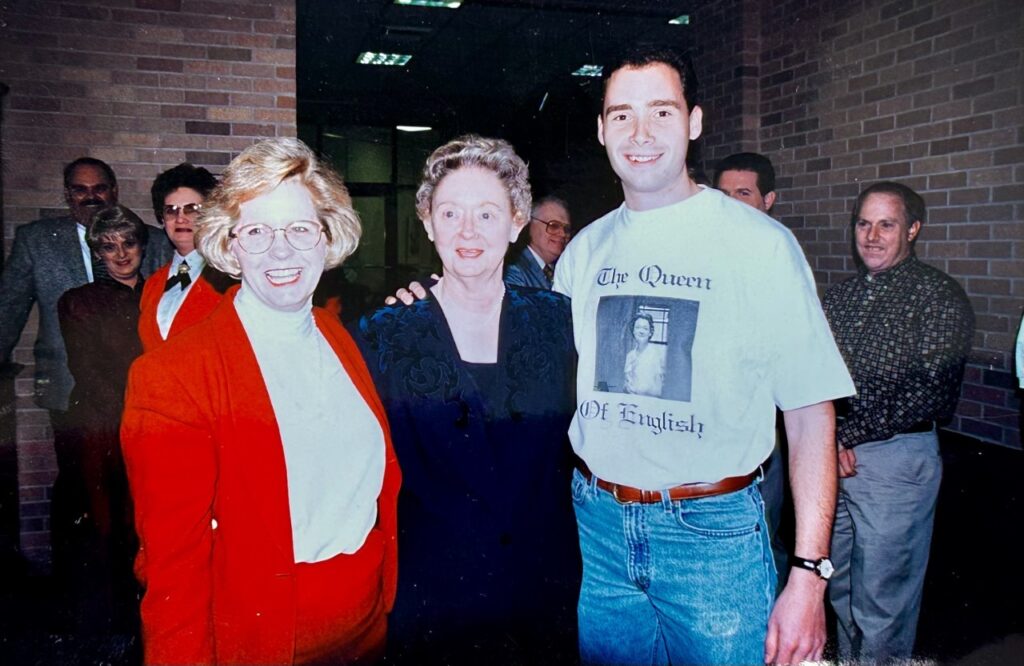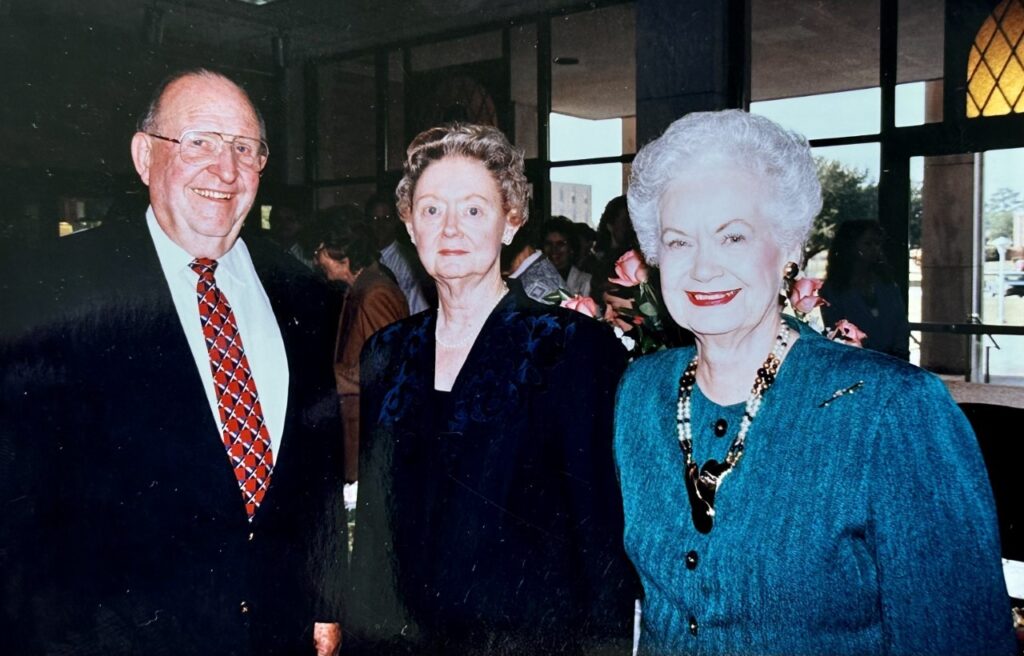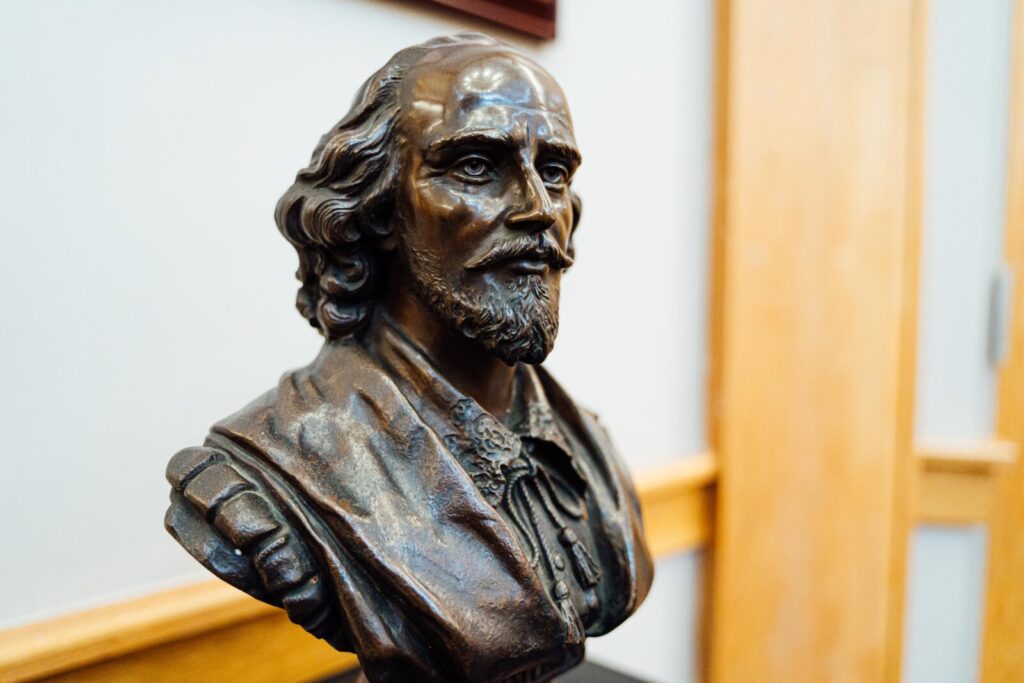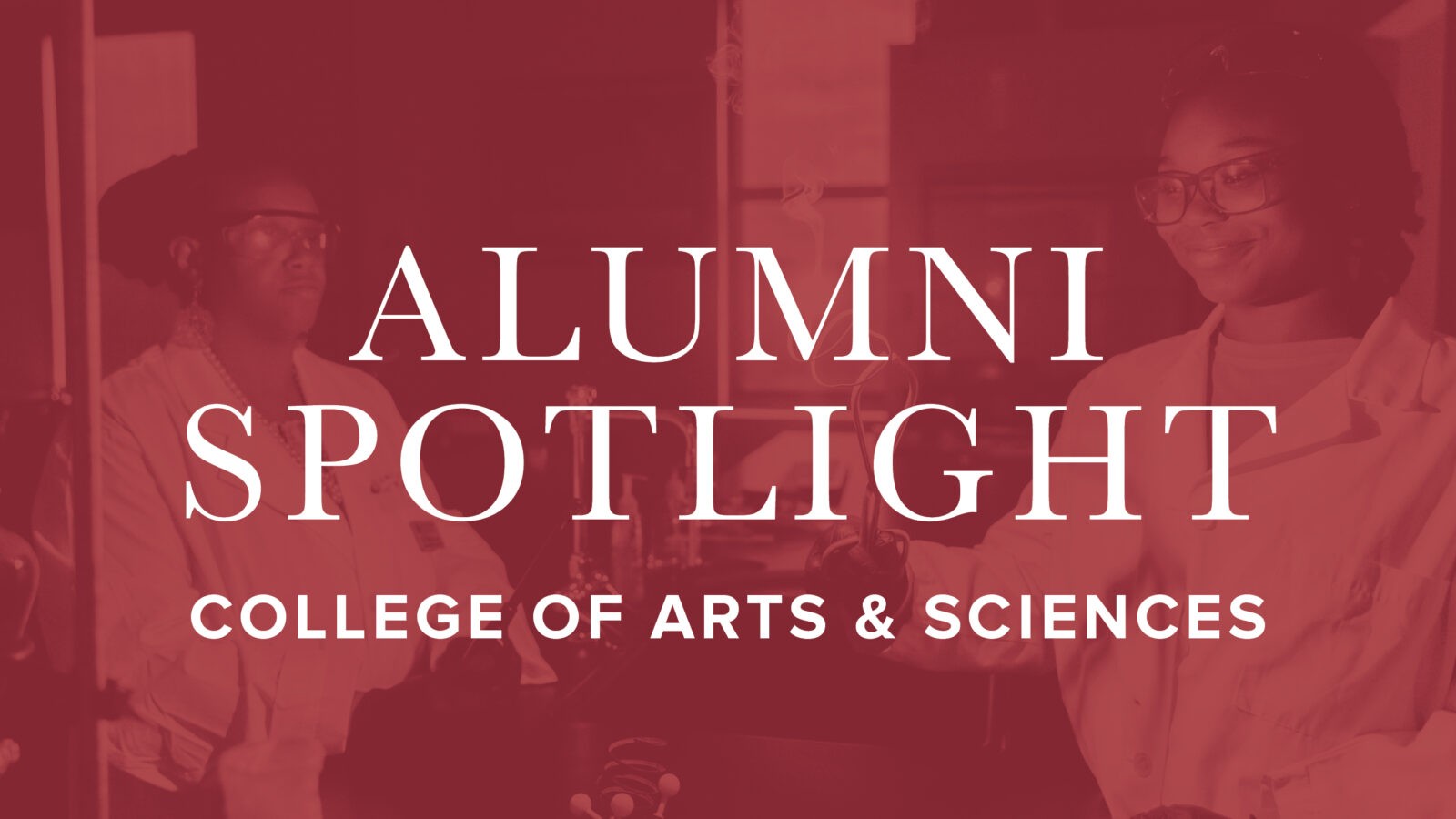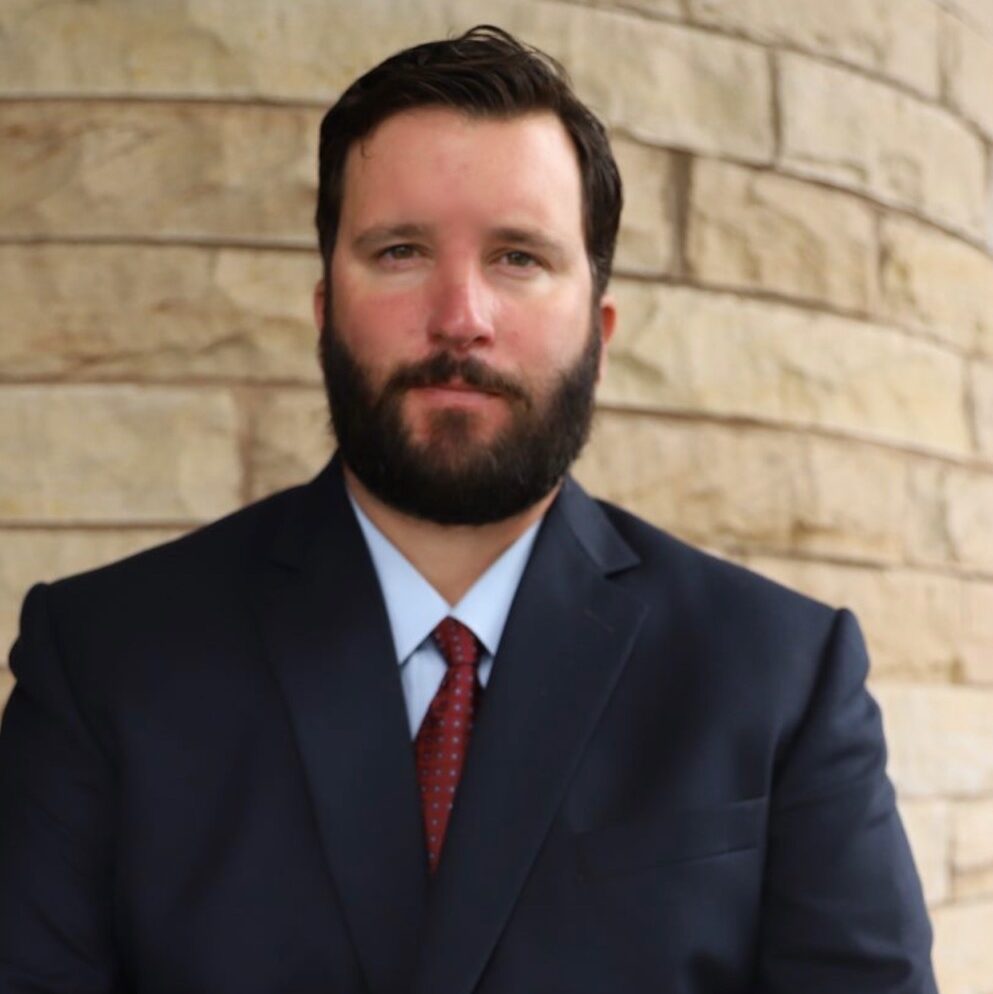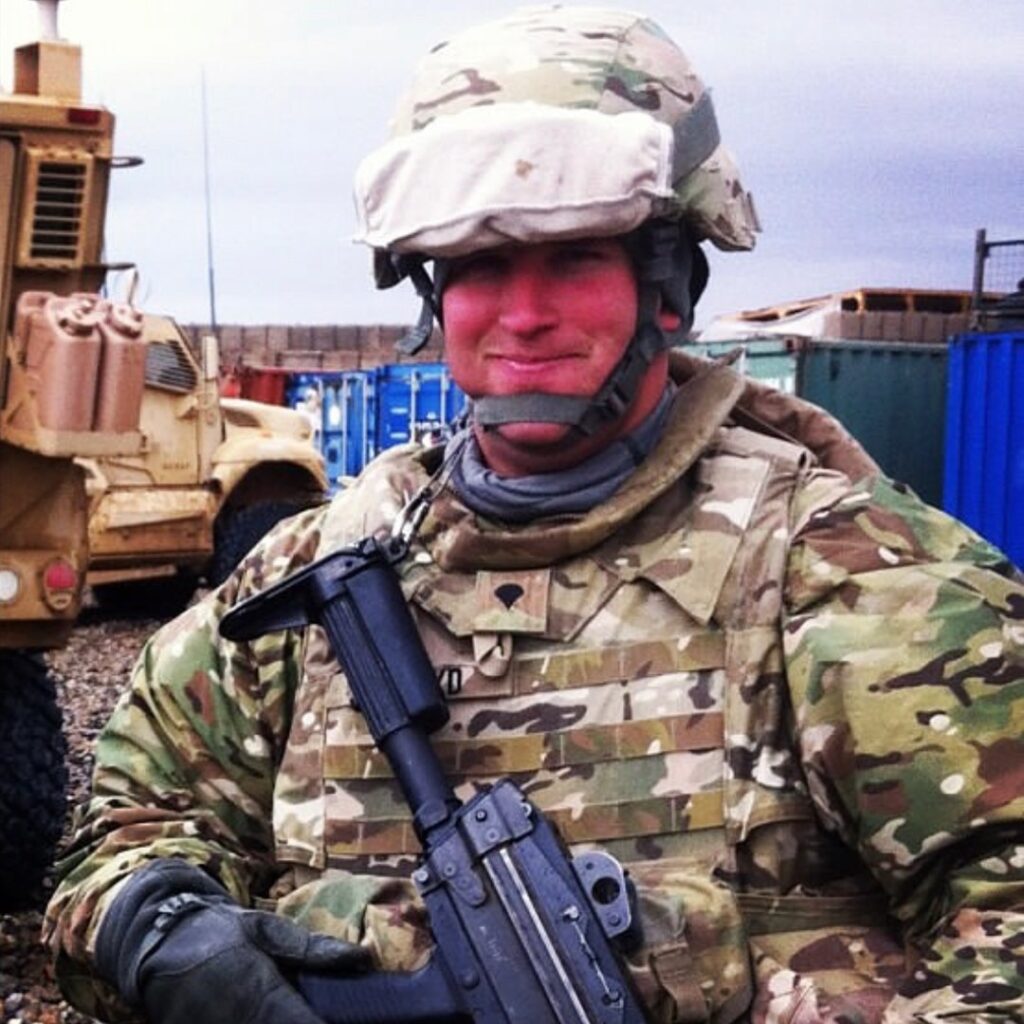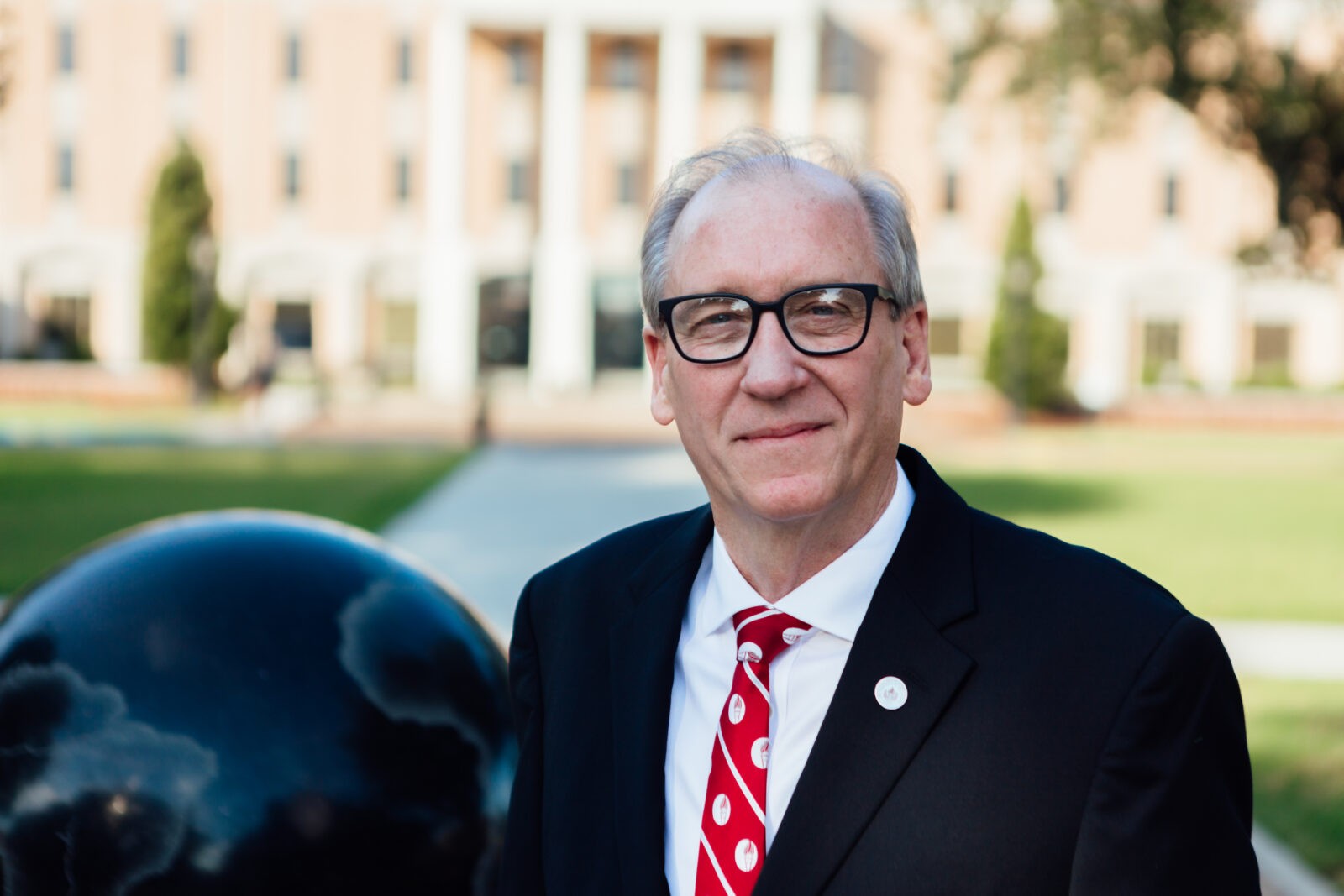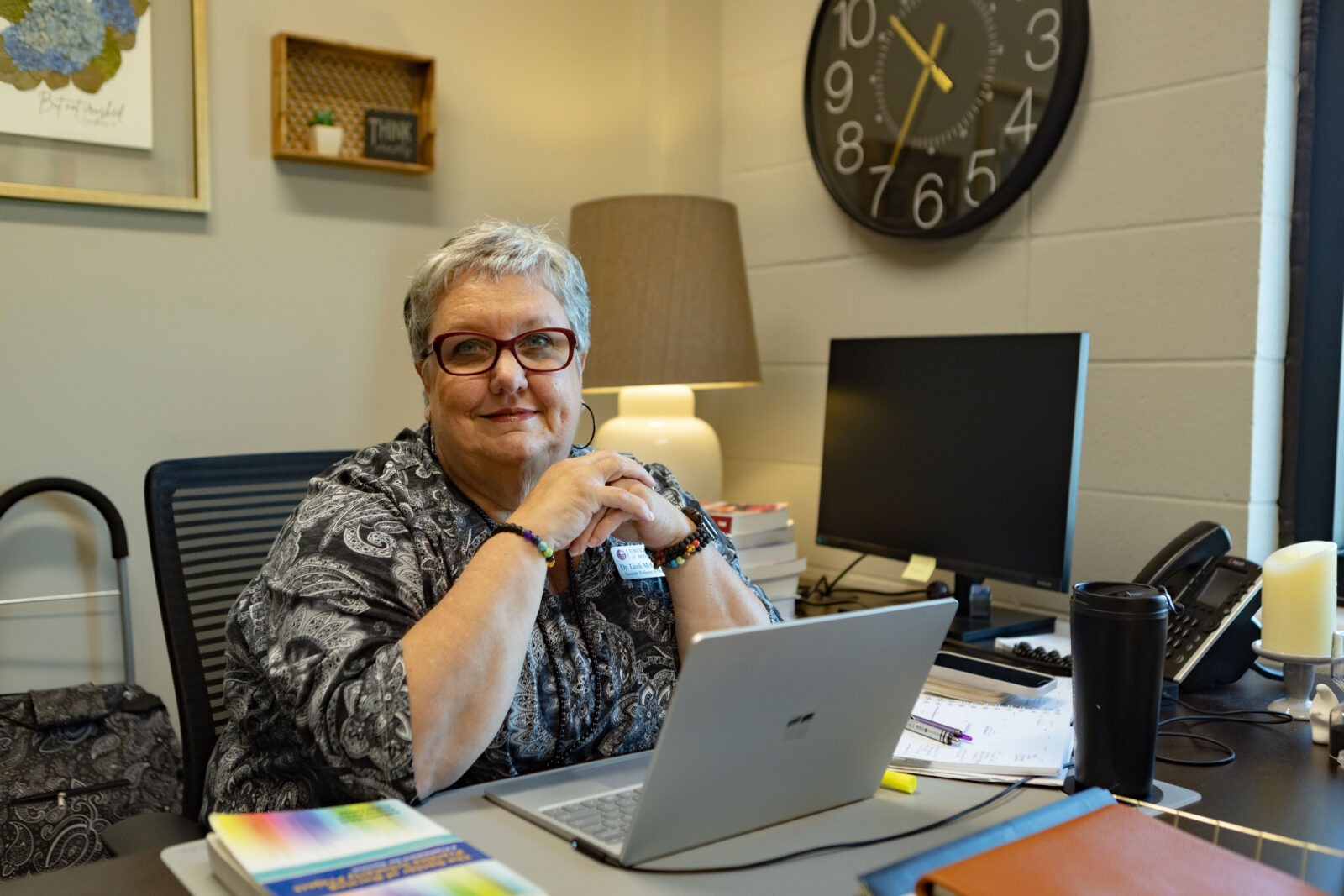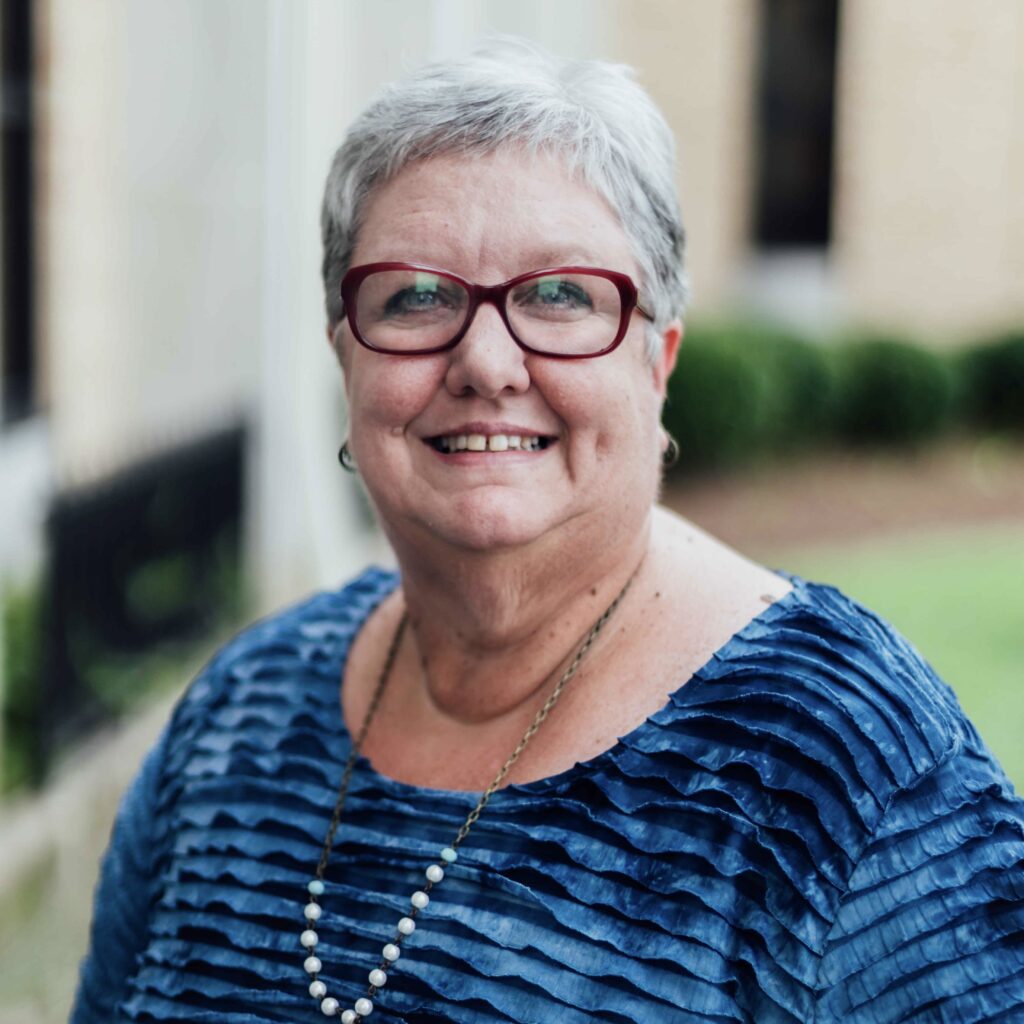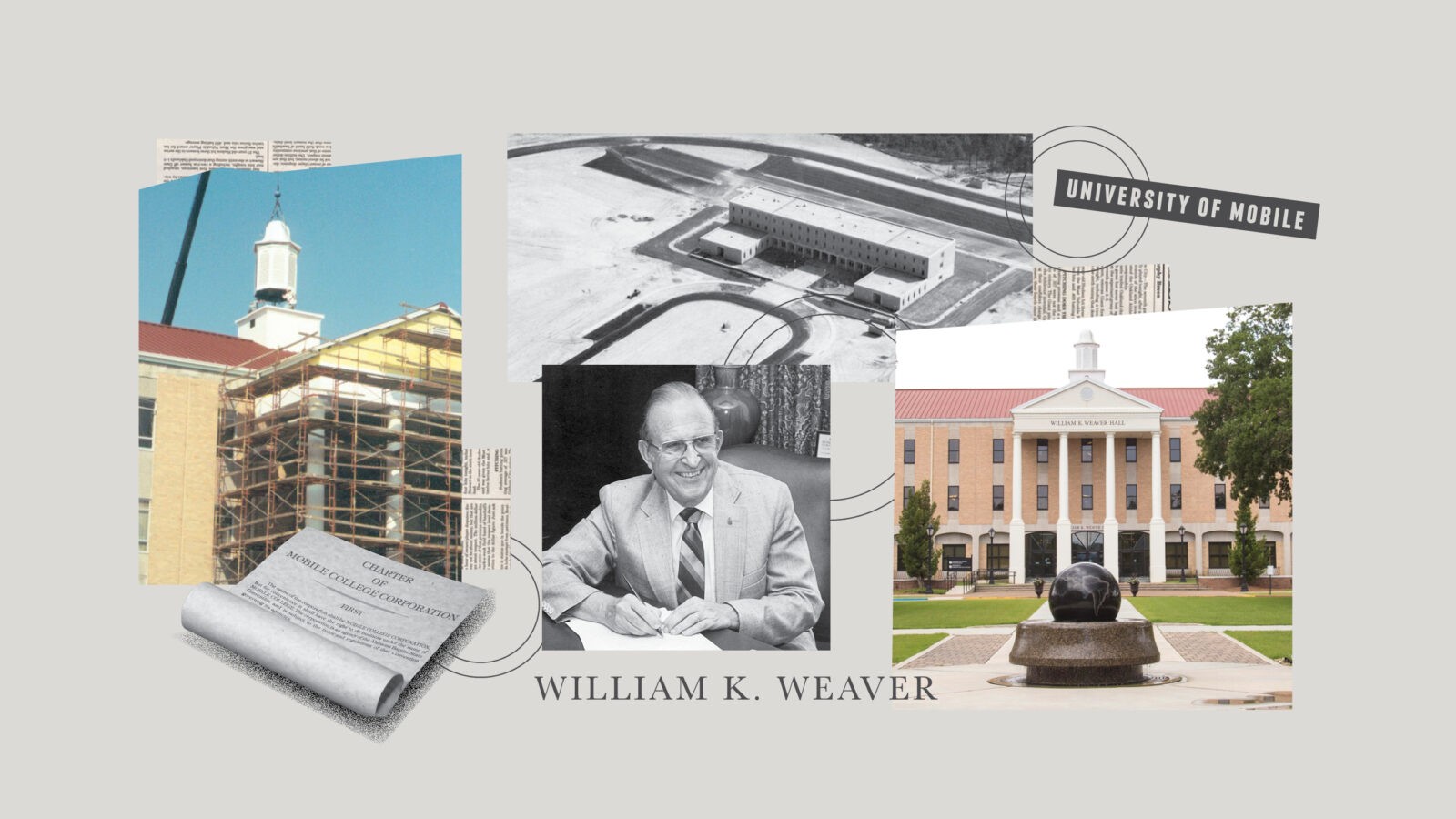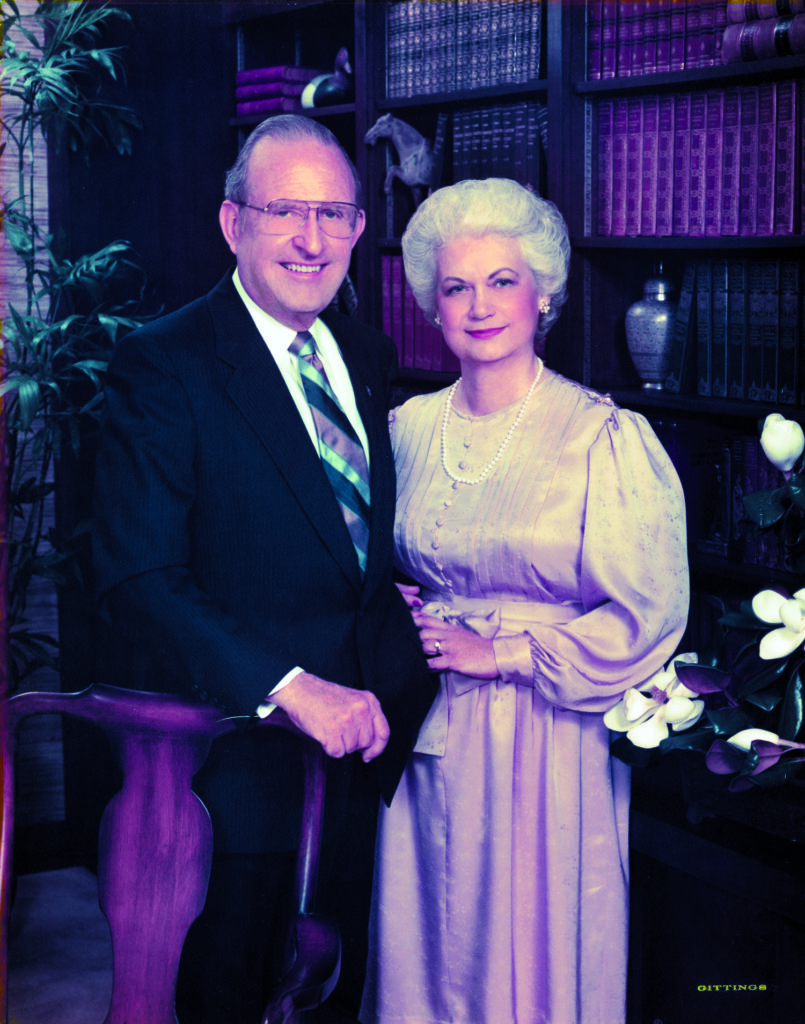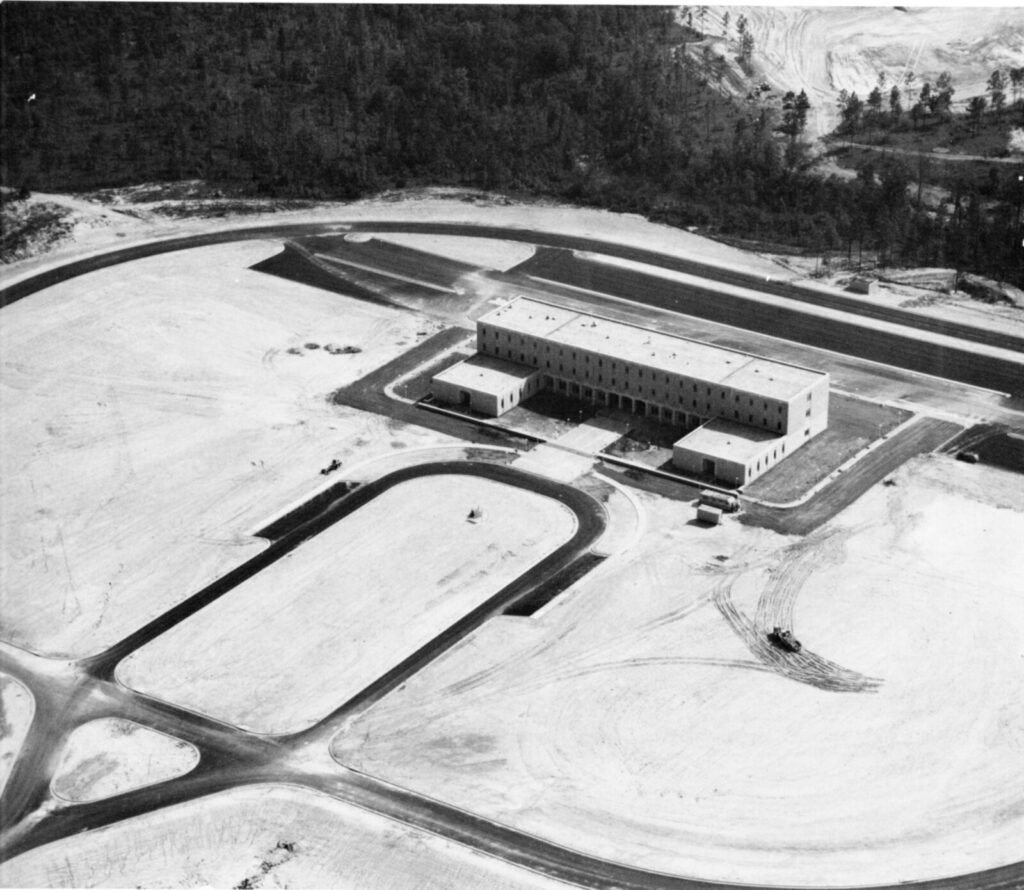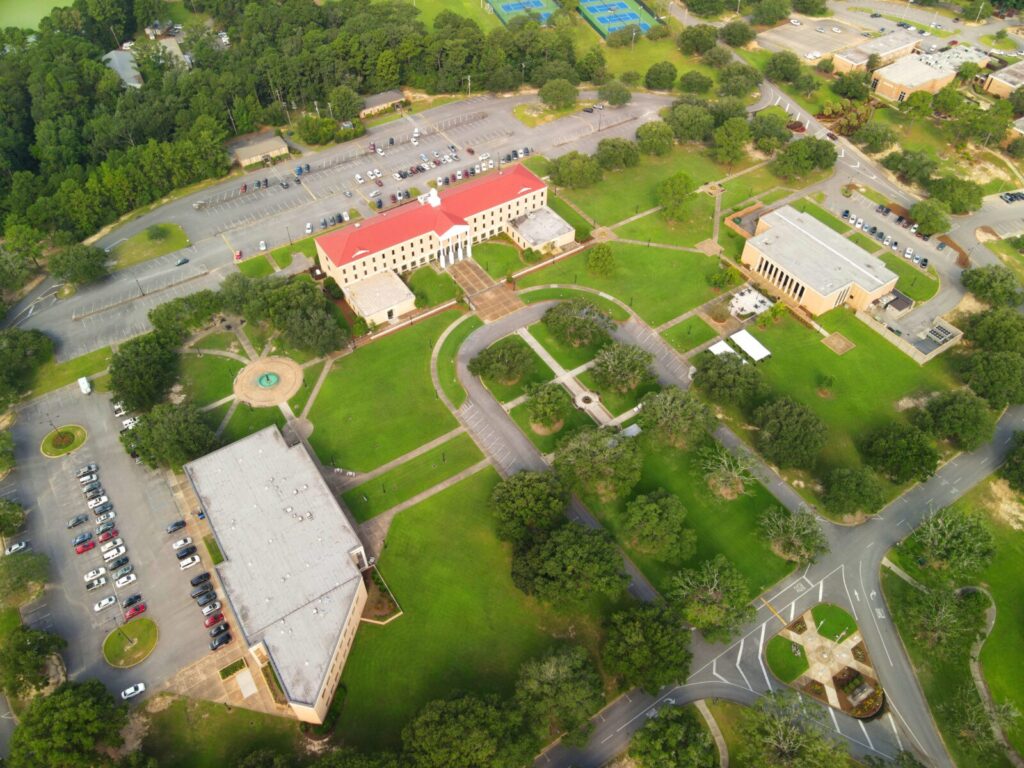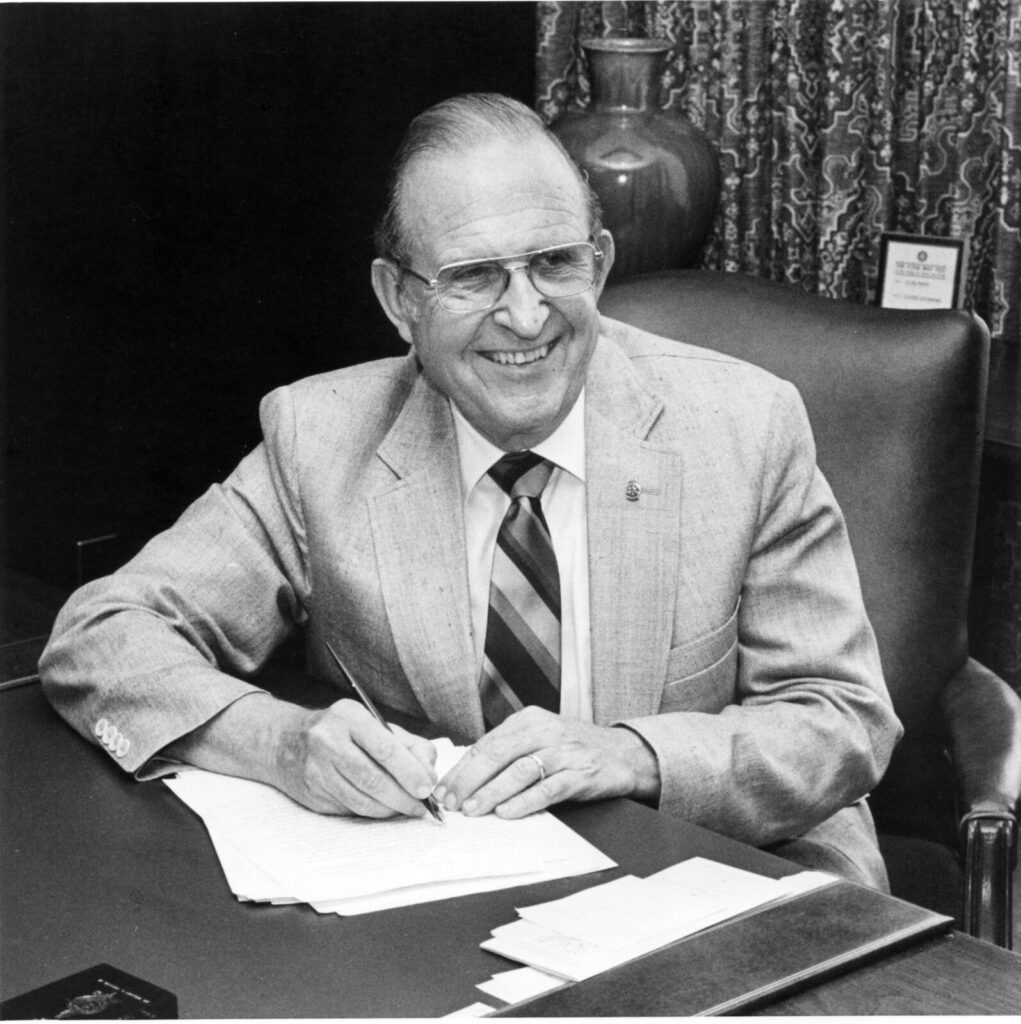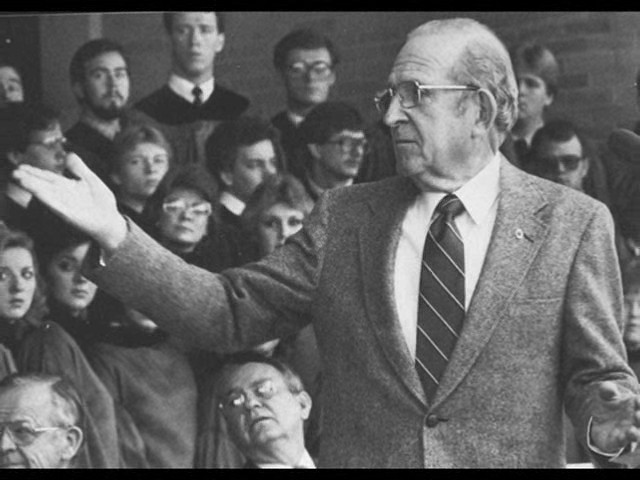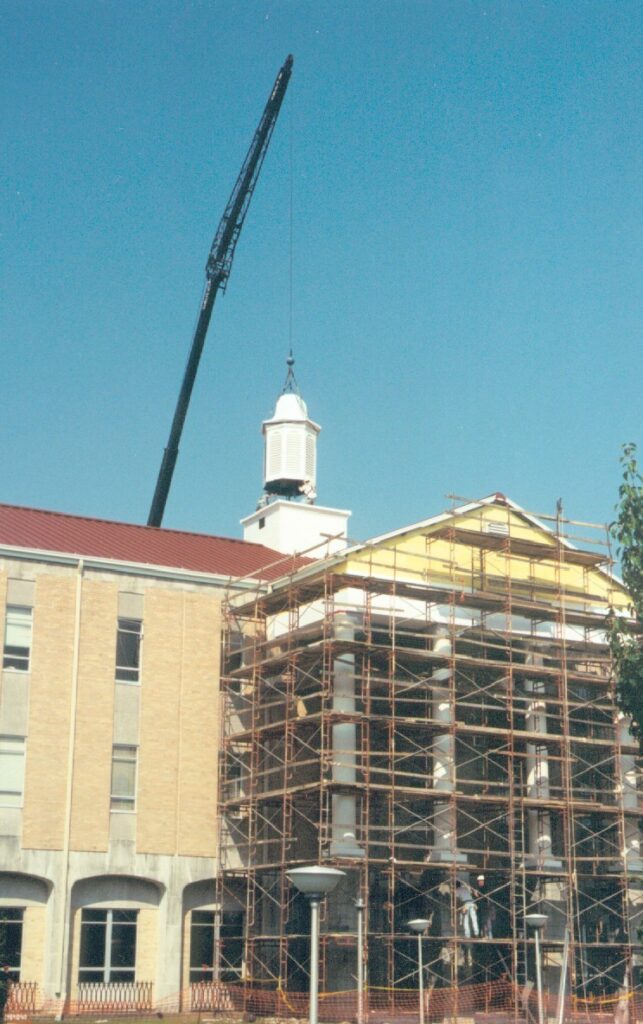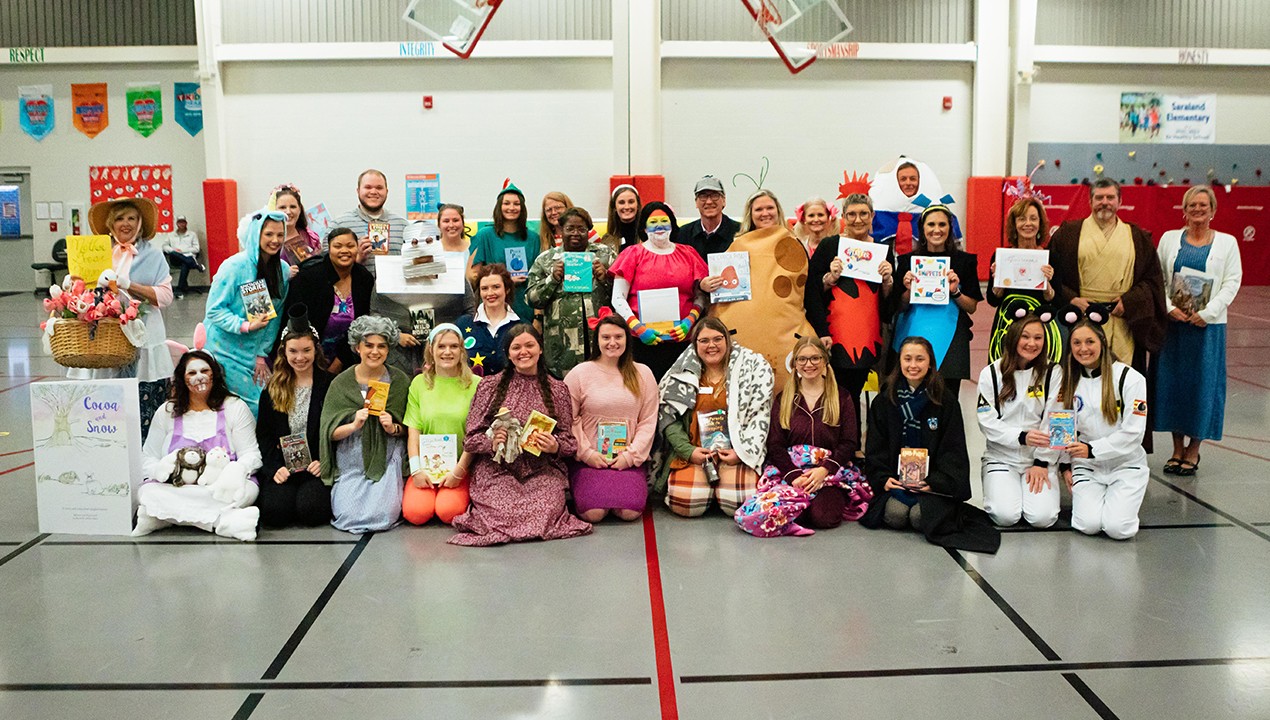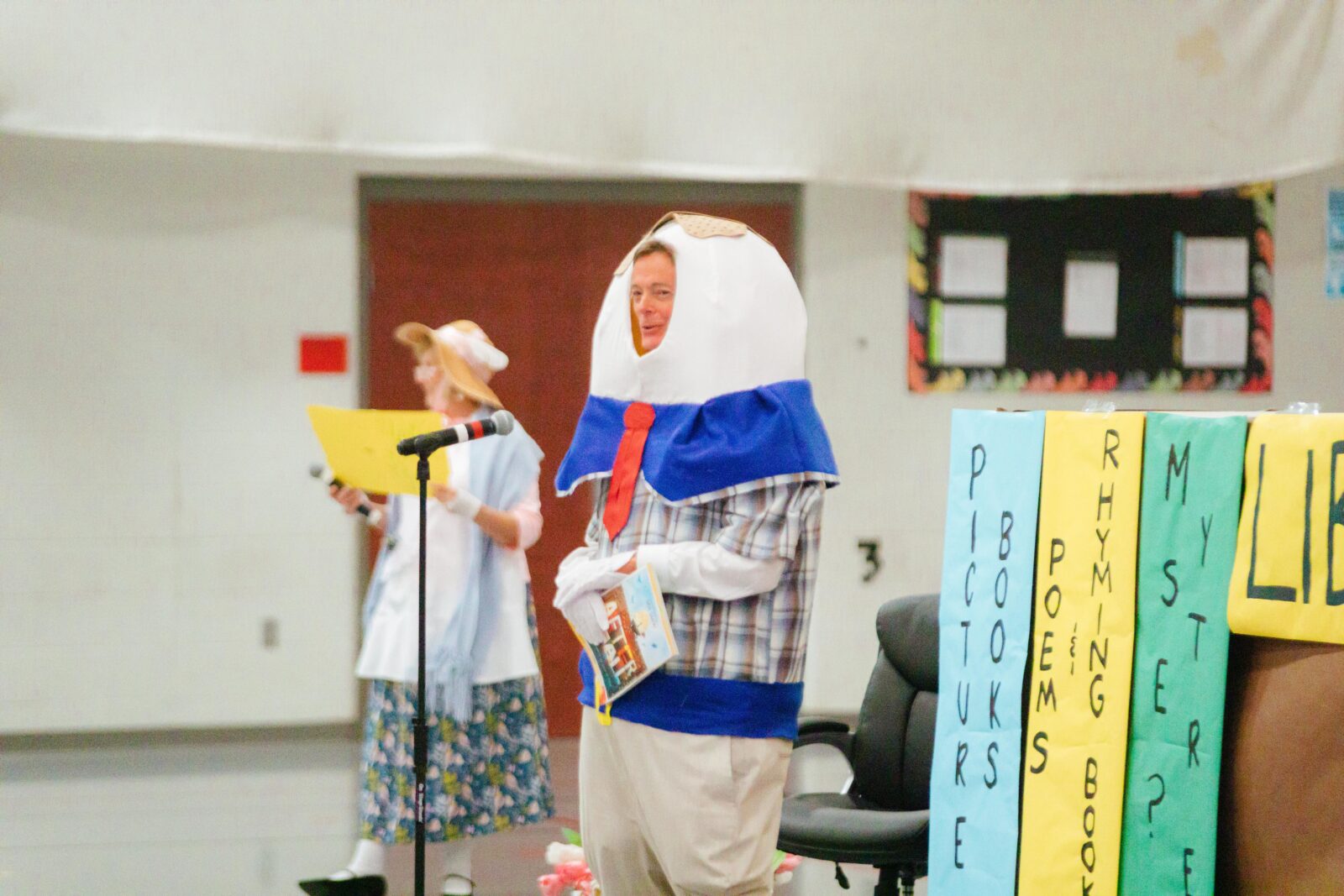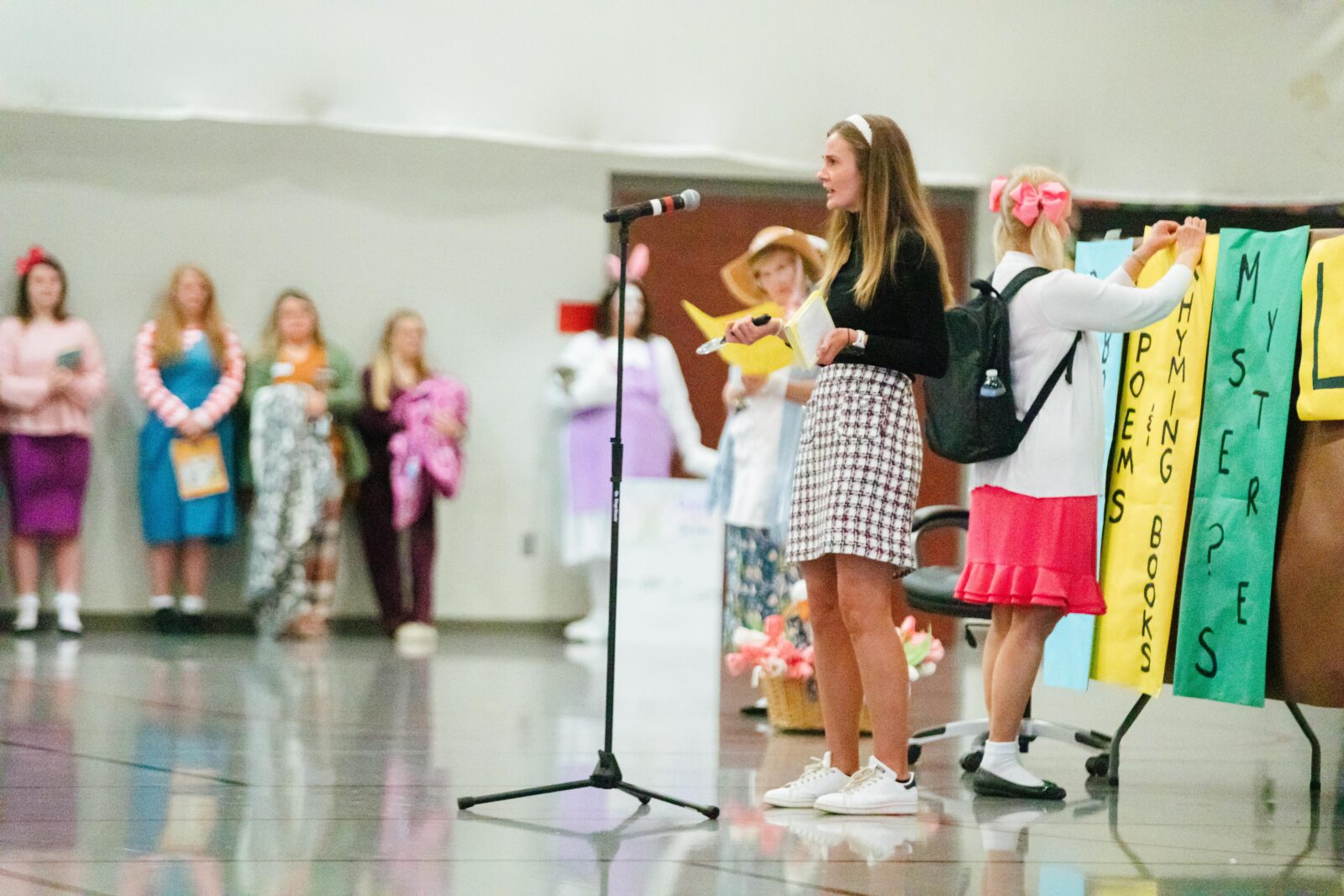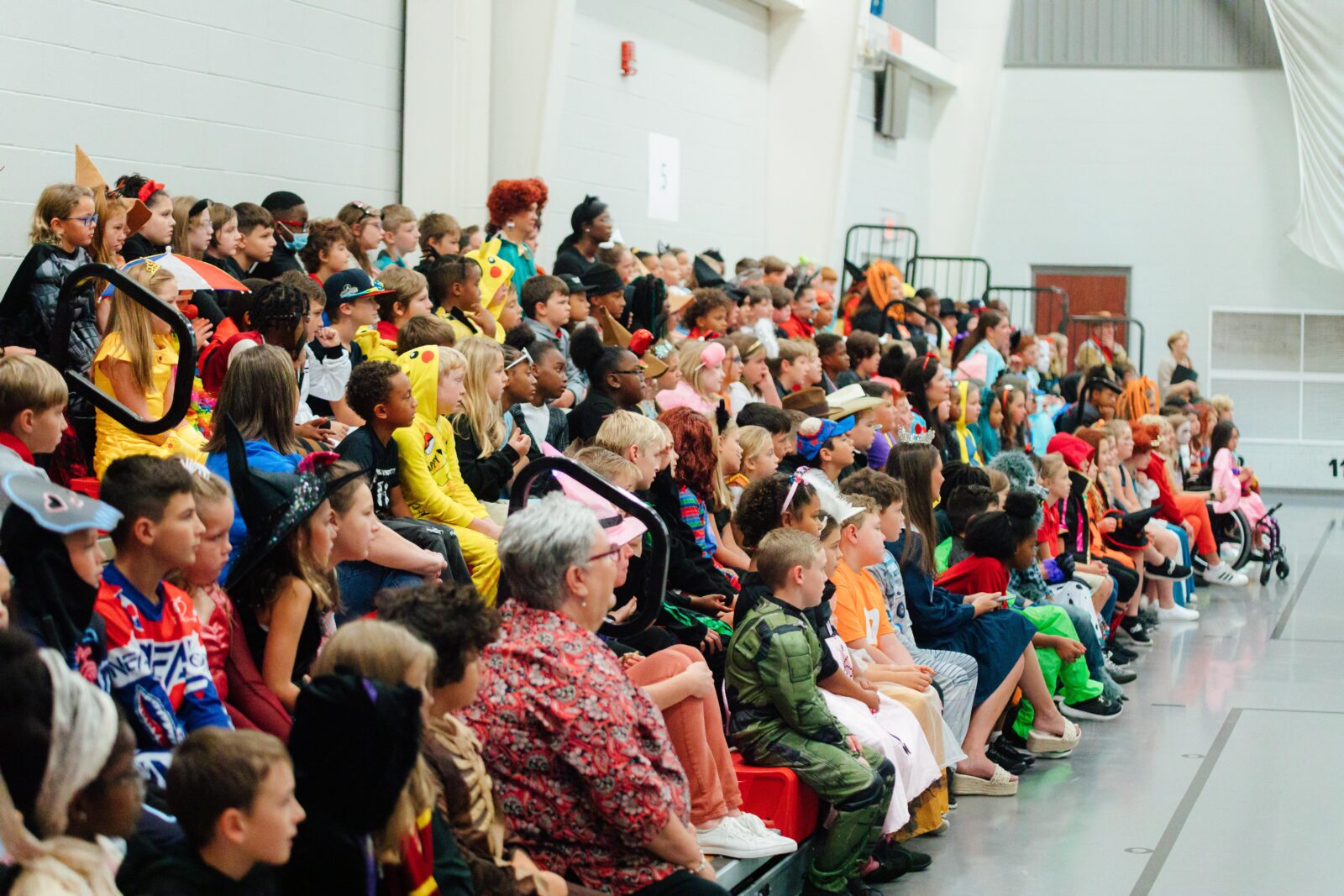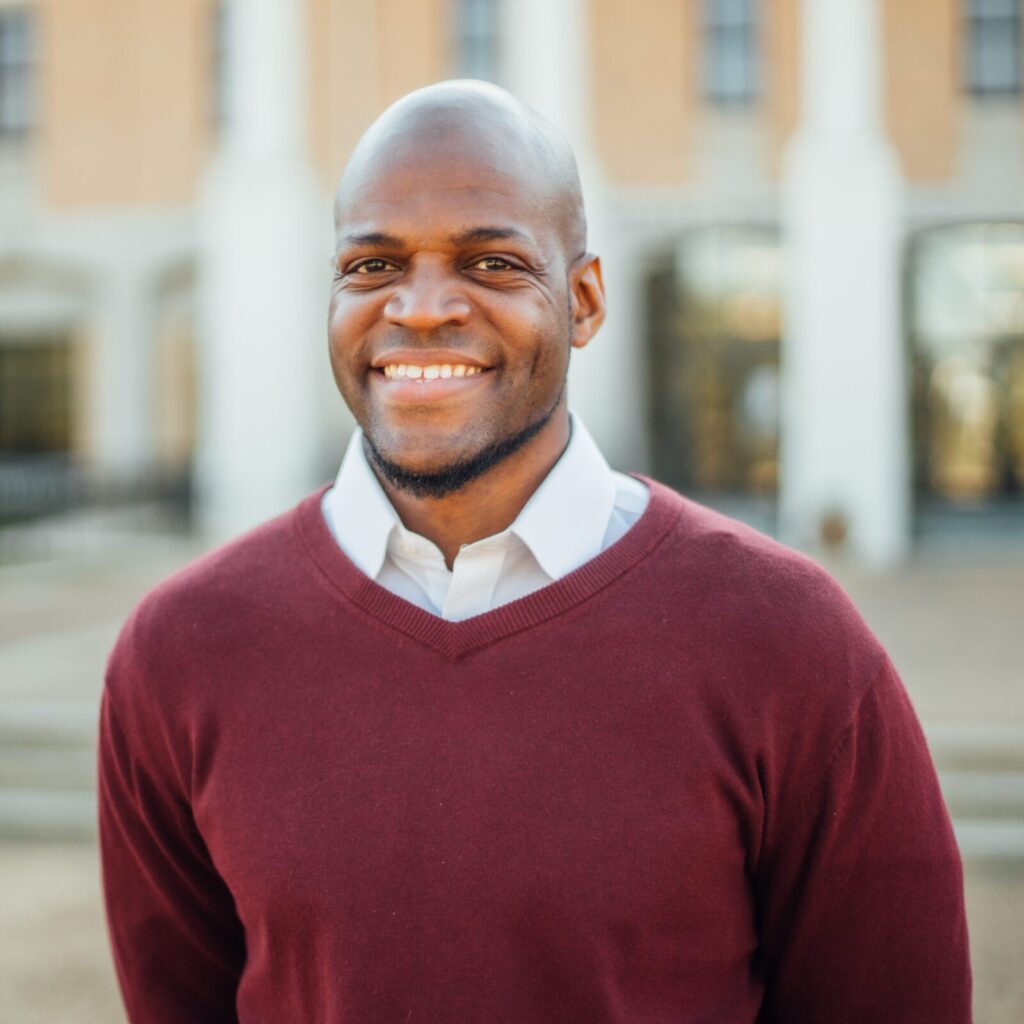
Treii Pace
Physical Education Teacher – Saraland Elementary
Bachelor of Science in Exercise Science ’11
2021 Teacher of the Year, Saraland Elementary
2022 Samuel Boykin Medal of Excellence, University of Mobile
“God led me to the University of Mobile; He led me to seek a career in education because of my love for kids and gift of patience. He receives all the glory for the position I am in today. My years at the University of Mobile are where I began to see how God has blessed me over the course of my life.”
-Treii Pace ’11
Treii Pace is an award-winning physical education teacher at Saraland Elementary and a recipient of one of the University of Mobile’s highest alumni honors, the Samuel Boykin Medal of Excellence. But when he graduated from high school in 2004, he didn’t have any plans for his future. Here is Treii’s story of how God’s plan for his life led him to the University of Mobile to pursue his calling.
Q. What happened after you graduated from high school?
A. I graduated from Satsuma High School in 2004 without any plans for my future. I played basketball in high school, so when I received a basketball scholarship to attend a local community college, I was eager to accept the offer. However, that was put on hold due to a broken finger that I sustained before the tryout day. Therefore, I was ineligible to receive the scholarship to that particular college that year.
The coach encouraged me to try out again next year, which (in hindsight) was the best thing for me. I used the time off to develop a plan for that year. I began working as a landscaper and continued to train until the following year. I was very thankful that the coach kept to his word and held a spot for me on the team.
Q. How did God open a door for you at the University of Mobile?
A. Upon my completion at the community college, I was left again with the realization that I still had not thought about my career path. I had an opportunity to work with kids, which sparked an interest in teaching. I decided to continue working and saving money to help pay for school. In the spring of 2008, I was playing pickup basketball on the campus of the University of Mobile. UM’s basketball coach happened to be in the gym watching the guys play, and he asked me to meet him in his office the following day. That encounter led to a scholarship to help further my education.
Q. Tell us about your faith journey.
A. Growing up, I attended church regularly and have always had an idea about God but never fully submitted myself unto Him. I was always a kind to others, but I always knew that was not enough.
It was through a close friend of mine where I realized this internally. That friend said to me, “You are a really nice guy, and you show the love of Christ through everything you do.” That statement struck me because I felt unworthy of such words, because I knew that I did not have a deeper connection with Christ.
After that conversation, I began reading and attending church more frequently. I began to learn more about God’s sovereignty.
Q. How did you see God move in your life at the University of Mobile?
A. God led me to the University of Mobile; He led me to seek a career in education because of my love for kids and my gift of patience. He receives all the glory for the position I am in today.
My years at the University of Mobile are where I began to see how God has blessed me over the course of my life. He also showed me that the trivial things that I complained about were not a big as the hardships other people have encountered. God has always been there listening and answering my prayers, even when I did not realize it.
The course of my life: attending the University of Mobile, the professors, coaches, friends, campus life and administration, all tested me in ways to build my character and to reveal how God moves in the lives of others.
Q. Where are you now?
A. In 2011, I earned a Bachelor of Science in exercise science in the School of Health and Sports Science. I started teaching in 2011 and have been at Saraland Elementary since 2014. I have coached the girls’ basketball team at the high school and am currently the coach of the girl’s middle school team.
I was named Teacher of the Year for my school and the district. I also met my amazing wife, Ursula, who is also a teacher at Saraland. Where I am now, I give all glory to God, because I would not be sharing this with you today had it not been for Him.
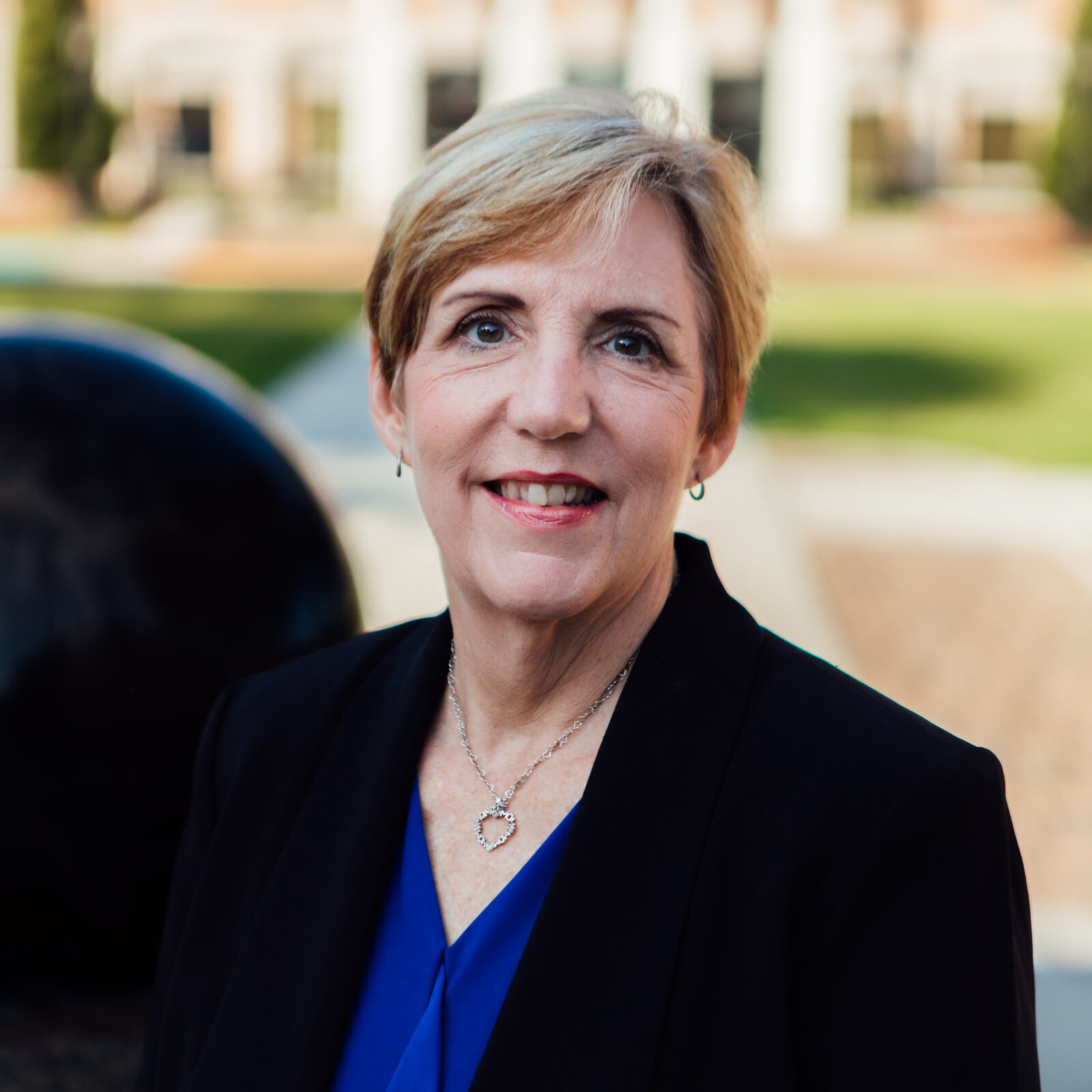
Kathy Dean uses her passion for storytelling and “playing with words” to share the stories of people, place and purpose that make the University of Mobile unique. As associate vice president for university communications, she manages media relations, edits the TorchLight alumni magazine, and oversees university communications. A former award-winning journalist, she is a two-time recipient of the Baptist Communicators Association grand prize for feature writing. Kathy and her husband, Chuck, live with three extremely loud miniature schnauzers.
